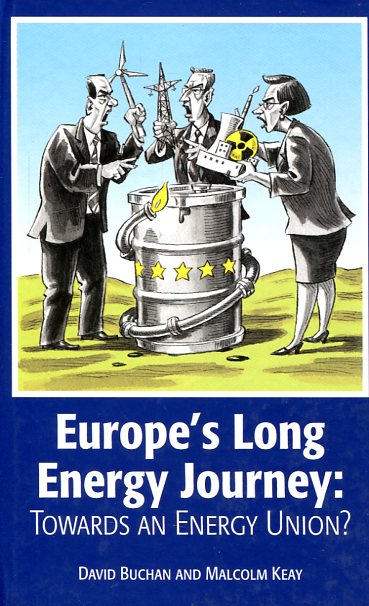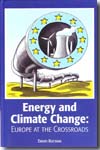Europe's long energy journey
towards and energy Union?
- ISBN: 9780198753308
- Editorial: Oxford University Press
- Fecha de la edición: 2016
- Lugar de la edición: Oxford. Reino Unido
- Encuadernación: Cartoné
- Medidas: 21 cm
- Nº Pág.: 224
- Idiomas: Inglés

This book will explore how far the European Union can go towards forming its 28 member states into an Energy Union. It analyses how the EU can achieve its goal of providing energy affordability, security, and sustainability in the light of internal dynamics in European energy markets, and of the urgency in mitigating climate change. It also considers the increasingly unfavourable external context for the cost and security aspects of Europe's go-it-alone decarbonization effort created by oil price volatility and geo-political tensions with Russia. Chapter 1 provides an overview of past energy and climate decisions in order to situate current EU policy and successive chapters tackle the new energy challenges. The volume covers the growing tension between Brussels' campaign to liberalise and integrate energy markets through cross-border competition and trade, and increasing state intervention through national renewable subsidies that fragment the market. It also analyses the revolution in electricity markets and investment incentives turned upside down by renewable subsidies, and proposes a new market design to guide Europe through this uncharted territory. The book examines the need for flexible demand response from energy consumers as a match to increasingly inflexible energy supply from weather-dependent renewables. It also looks at the EU's 2030 targets and proposed emission trading and renewable energy reforms, and assesses how they measure up to the climate commitments of other countries as well as to the EU's long term climate aims. Underscoring the EU's inability to exist in its own energy bubble, two chapters analyse whether European industry can stay competitive with the rest of the world and how Europe is diversifying its energy sources away from Russia. The conclusion examines what a genuine energy union might mean in terms of EU governance of national energy policies, and how far short the EU will fall short of this.







